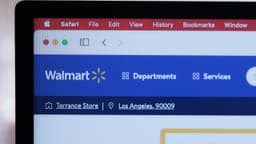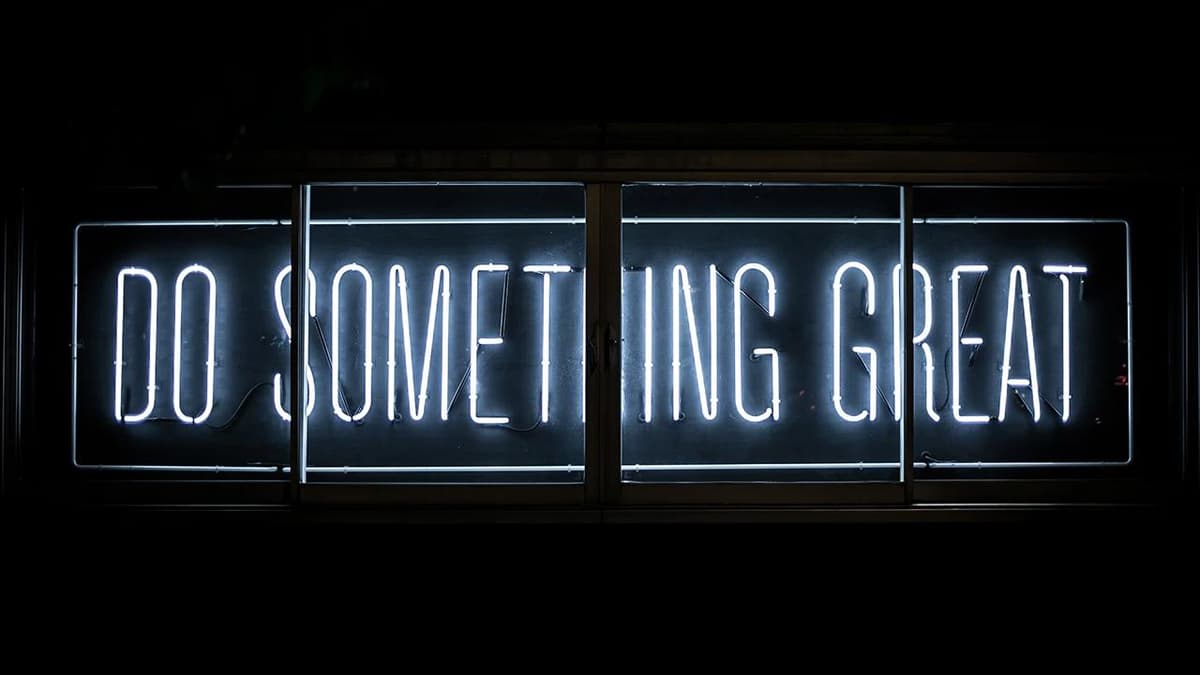The Art of Website Citation and When to Avoid It
Why is citing your sources important? It's a nod to the original thinkers and creators who've shaped your ideas. Citing is essential for crafting a story, argument, or study that respects the knowledge that has come before.
Why Cite?
Citing is vital for academic honesty. It acknowledges the hard work of others and adds credibility to your work. It also helps you avoid plagiarism. When you pull facts, theories, or cookie recipes from the internet, you benefit from someone else’s effort. Giving credit is not only polite but also necessary in academic and professional settings.
Citations Gone Digital
The rules for citing sources change from physical texts to digital realms. Don't worry! Different style guides may have different formats—APA, MLA, Chicago, and Harvard are some of the key guides.
The Basic Ingredients
When citing a website, consider the essential components:
- Author: Who created this information?
- Title of the Page/Article: What's the page called?
- Name of the Website: Which website is it from?
- URL: This directs others to the source.
- Publication Date: When was this published?
- Date of Access: When did you view it?
Making That Sandwich
Here’s a recipe using MLA style:
Markdown
E.g.,
Markdown
To keep your citation current, check the latest guidelines of your chosen style guide.
The Act of Elegance: In-Text Citations
Sometimes, you need to include references directly in your text. For MLA, it's simple:
Markdown
Just the last name in parentheses adds to the flow of your writing.
When to Not Cite a Website
Why might you choose not to cite a website? Here are some key reasons.
The Underbelly of the Internet
Some websites offer questionable information. Here’s when to avoid citations:
- If it's Suspect: If it seems like a conspiracy theory site or outdated, skip it.
- If it's a Personal Page: Personal blogs may not always be credible unless written by recognized experts.
- If It's a Wiki: Open-edit sites like Wikipedia are not ideal for direct citations. Use them for initial info but not as a source.
- If the Author is Anonymous: An anonymous author presents challenges in establishing credibility.
Living in a Post-Truth World
Be cautious, as the internet can distort the truth. Fake news and misinformation are prevalent. Evaluate sources critically. Assess the reliability and accuracy of each piece of information.
The Fine Line
Citing sources is key to academic integrity. Knowing when to cite a website—and when not to—helps you maintain quality in your work. Conduct thorough evaluations of your information sources. Visit the official sites of the American Psychological Association for APA guidelines or the Modern Language Association for MLA rules. Choose your ingredients wisely to ensure your finished work is both informative and credible.












